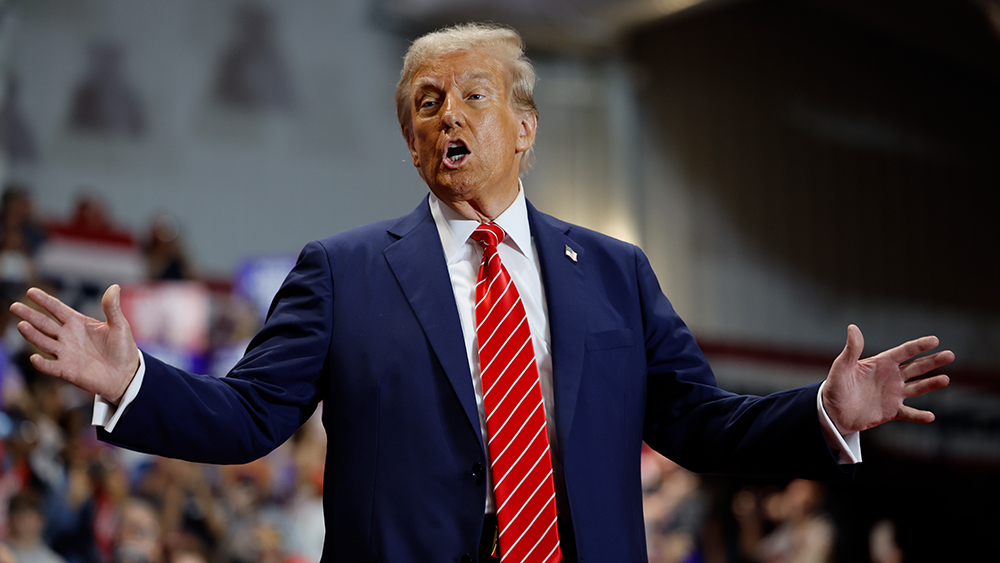- Trump threatens to reclaim control of the Panama Canal, citing «outrageous» fees and a «foolish» relinquishment.
- The canal, built by the U.S. in the early 1900s, was transferred to Panama in 1999 under a treaty.
- Trump criticizes rising canal fees and warns of potential foreign influence, hinting at China.
- Panama’s president rejects Trump’s proposal, defending the canal’s sovereignty and fee structure.
- The dispute reflects Trump’s «America First» agenda and broader U.S.-Panama tensions.
In a bold declaration that has sparked international debate, President-elect Donald Trump has threatened to reclaim control of the Panama Canal, arguing that the United States should not tolerate what he calls “outrageous” fees and a “foolish” relinquishment of a vital national asset.
Trump’s remarks, delivered during a rally in Arizona, reflect a broader vision of restoring American dominance on the global stage, but they have also raised questions about the legal and moral implications of such a move.
The Panama Canal holds a unique place in American history. Constructed in the early 1900s, the canal was a monumental engineering feat that revolutionized global trade by connecting the Atlantic and Pacific Oceans. It was built by the United States, paid for by American taxpayers, and was once considered a cornerstone of U.S. economic and military power. For decades, the canal served as a symbol of American ingenuity and influence, facilitating the movement of goods and military assets between the two coasts.
However, in 1999, under a treaty signed by President Jimmy Carter, the United States relinquished control of the canal to Panama. The decision was framed as a gesture of goodwill and a step toward Panamanian sovereignty. But for Trump, this transfer represents a historic mistake — one that he now seeks to rectify.
Rising fees and sovereignty concerns
Trump’s primary grievance lies in the fees charged to ships passing through the canal. He has described these charges as “ridiculous” and “a rip-off,” noting that the United States, as the canal’s original builder and benefactor, should not be subjected to such financial burdens.
The fees, which can reach hundreds of thousands of dollars per vessel, have risen in recent years due to operational costs and reduced capacity caused by droughts in the region. For Trump, this is not just a matter of economics but a question of fairness and national pride.
Beyond the fees, Trump has also suggested that the canal’s future could be at risk if it falls into the wrong hands. While he did not explicitly name China, his comments hint at concerns about foreign influence, particularly from a nation that is the canal’s second-largest customer after the United States. For Trump, the canal is too important to be left under foreign control, especially when it was built and paid for by Americans.
Panama’s response
Panama’s president, José Raúl Mulino, has firmly rejected Trump’s proposal, calling it an affront to Panamanian sovereignty. In a public statement, Mulino emphasized that the canal belongs to Panama and will remain so. He defended the fee structure as necessary to cover operational costs and fund improvements to the canal, which has expanded in recent years to accommodate larger ships.
The dispute highlights a broader tension between the United States and Panama, two nations that have long enjoyed a close relationship. While Panama relies on the canal for a significant portion of its revenue, the United States views it as a critical link in its economic and military strategy. For Trump, the canal is not just a piece of infrastructure but a symbol of American greatness that should be reclaimed if Panama fails to uphold its end of the bargain.
Whether Trump’s threat to reclaim the canal is a serious policy proposal or a rhetorical flourish remains to be seen. However, it underscores his administration’s commitment to an “America First” agenda, which prioritizes U.S. interests above all else. For many conservatives, the idea of reasserting control over the canal resonates as a bold and necessary move to restore American dominance in a rapidly changing world.
Sources for this article include:
